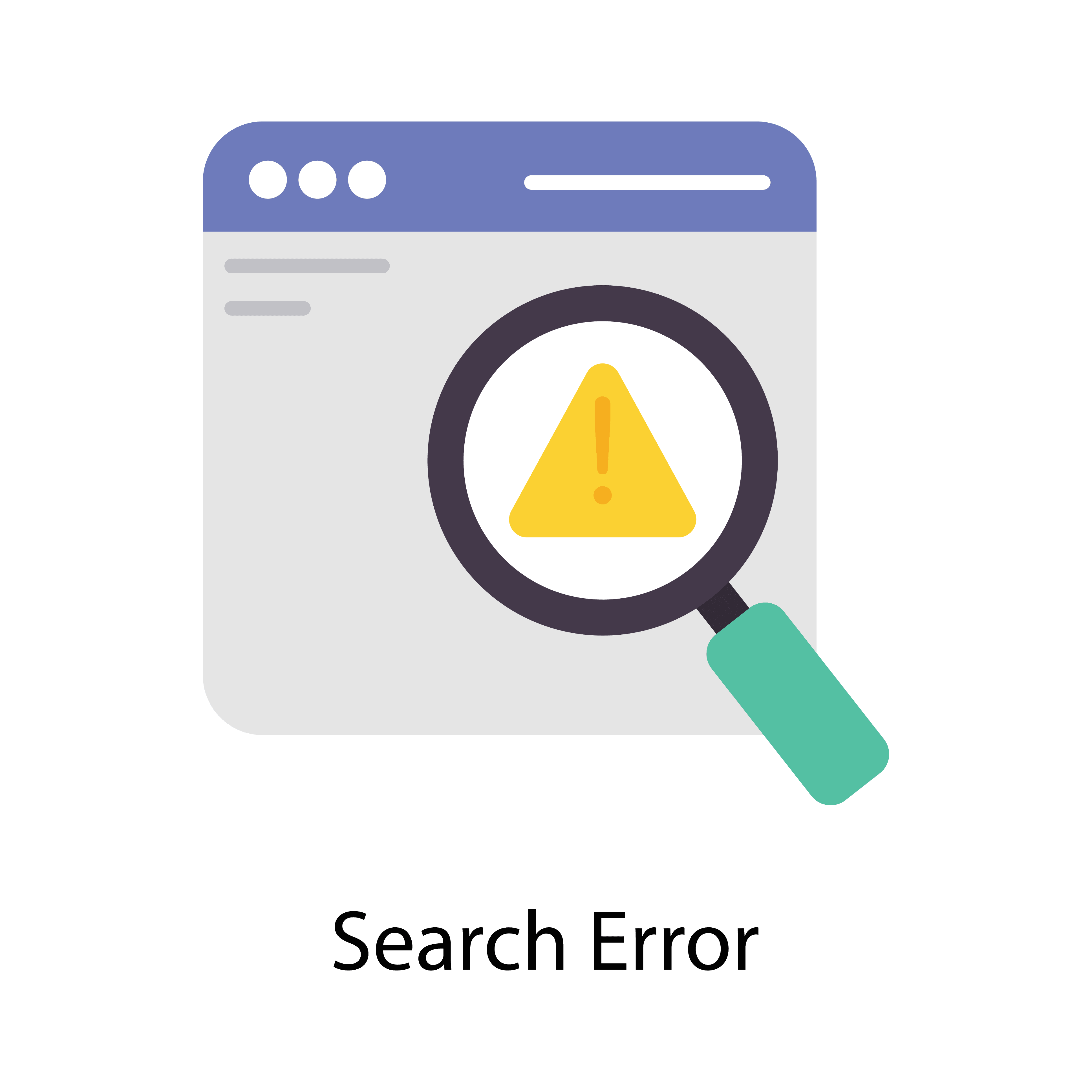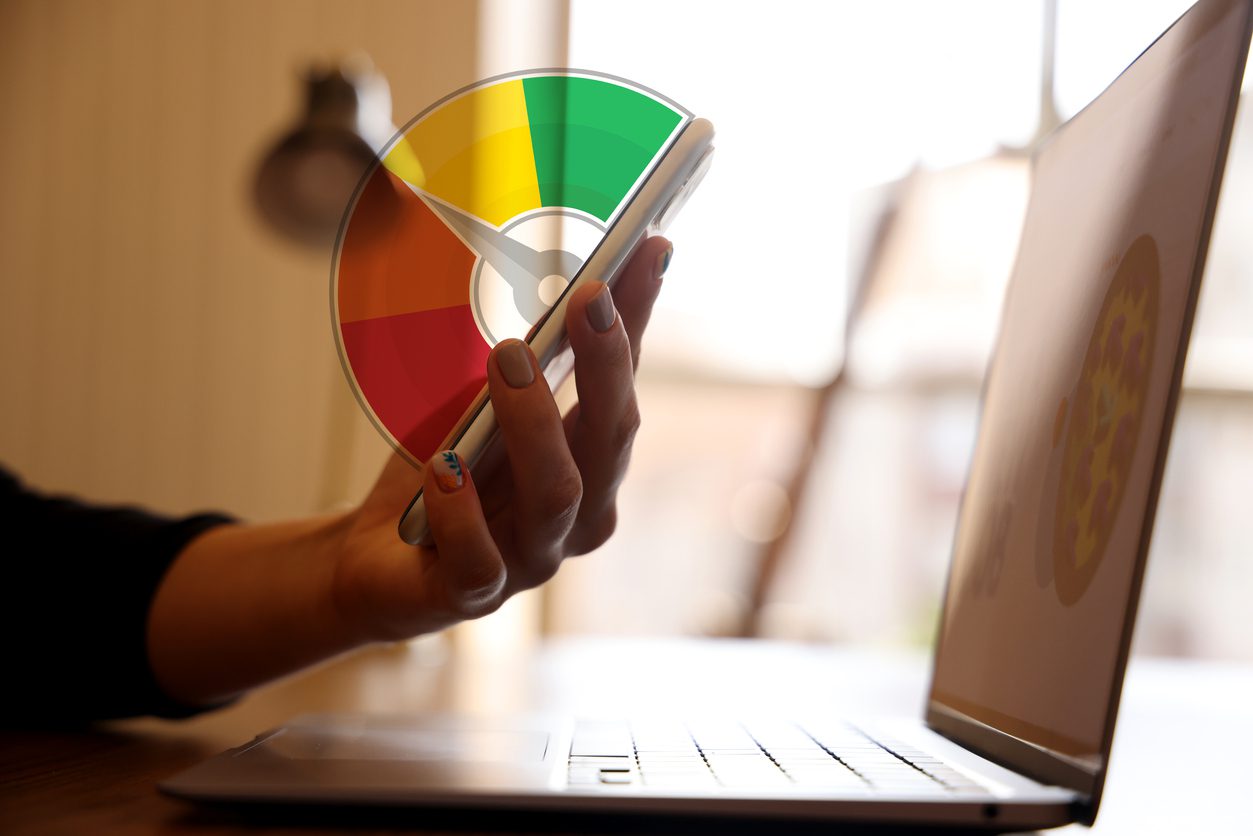How to Build a Positive Reputation When You Have No Online Presence

In the online world, your presence matters more than most people realize. A solid online presence can shape how others see you—from future employers and clients to old friends and distant family members. But what happens when you have zero presence? No LinkedIn account, Facebook photos, or Google search results linked to your real name. That kind of invisibility isn’t necessarily a safe bet in today’s world—it can raise questions.
Imagine someone mentions you in a conversation. A friend or hiring manager can look you up if you are curious. They search your name on Google, maybe check LinkedIn or Facebook. But nothing comes up. No pictures, job history, or even a school you attended. For a lot of people, that blank space becomes the story. They wonder: Is this person real? Are they trying to hide something? Is there a reason they avoid social media entirely?
Not everyone wants to broadcast their life online—and that’s understandable. Some people are private by nature or concerned about safety. Some just don’t care. But if your job, business, or reputation depends on being found or trusted, having no online presence can be a problem.
A smart online strategy doesn’t mean sharing every moment of your life. It means being intentional. It means creating a web presence that tells the story you want to tell—not leaving it up to chance. And it all starts with a few simple steps.
Why Online Presence Matters (Even If You Think It Doesn’t)
You might think, “I’m not famous. I’m not a company. Why would it matter if I have no online presence?”
The answer is that it still matters. Companies search for job applicants, clients vet service providers, and friends and family members try to stay in touch. People are used to being able to find someone online. When they can’t, they may make assumptions.
It’s not about vanity—it’s about credibility. Having a basic LinkedIn profile, a simple website, or even a few thoughtful posts on Twitter or Facebook can show that you exist, are active, and are a real person. And in many industries, that counts for a lot.
We live in a world where introductions often begin with a search. A solid internet presence shows you’re legitimate. It can support your career, give you control over your narrative, and help build trust before you’ve even met someone.
The Challenges of Starting from Zero
Starting can feel awkward if you’ve never had any internet presence. Maybe you never created social media accounts or deleted them years ago. Perhaps you’re the kind of person who avoids social media entirely. That’s okay. But you’ll need to build something if you want to grow professionally, make connections, or get hired.
Here are a few common hurdles:
- No social proof: No reviews, endorsements, or evidence of work or interests.
- Limited reach: You miss opportunities to network or be found without a web or social media presence.
- Trust gaps: People might question your credibility if they can’t find anything related to you online.
You may even lose out on a job or partnership just because somebody couldn’t find you online and moved on to someone they could. That one Google search often makes the difference.
Building a Solid Online Presence: Where to Start
1. Create a LinkedIn Profile
It doesn’t have to be fancy. Start with a profile picture, a short summary, and current or past job experience. Even if you’re not actively using LinkedIn, having an account gives others a way to verify you and reach out. It’s a professional anchor in the online world.
2. Set Up a Basic Website
A simple one-page site is enough to start. Include your name, a brief bio, a contact form, and maybe a portfolio or list of services. This makes a big difference for freelancers, entrepreneurs, and job seekers. It gives you control over what shows up when someone searches your name.
3. Post Occasionally
You don’t have to post every day. Share a project you worked on, a book you liked, a thought about your industry, or even a photo from a family event (if you’re comfortable). The goal is to show that you live an authentic, active life that others can relate to.
4. Stay Active, Not Overexposed
You don’t have to be everywhere. Choose one or two platforms where your audience is most likely to be. For professionals, that might be LinkedIn. For creatives, maybe Instagram. Stay consistent, show up when it counts, and focus on authenticity over volume.
5. Leverage Real-Life Connections
Did a client compliment your work? Ask if they’d leave a Google review or endorse you on LinkedIn. Did a coworker mention your name during a team meeting? Follow up and make that connection online. Your offline presence and online presence should support each other.
What If You Avoid Social Media on Purpose?
That’s a personal choice, and it’s valid. But even if you avoid social media, you must still appear somewhere. Your presence doesn’t have to be public or constant—it just has to be enough to give people a starting point.
Here’s what that could look like:
- A private Facebook page for friends and family and a public LinkedIn page for work.
- A portfolio site that ranks when someone Googles your name.
- A guest blog post on a topic you care about that links back to you.
Avoiding social media doesn’t mean hiding from the world. It just means being selective. And that’s okay—as long as your online footprint still reflects who you are and what you care about.
Keeping It Going: How to Maintain a Strong Presence
A good presence isn’t a one-time project. You don’t have to be obsessive, but you should check in once in a while.
- Update your LinkedIn account every few months.
- Refresh your website content once or twice a year.
- Respond to reviews or messages so people know you’re active.
- Google yourself from time to time to stay aware of what others see.
Being online isn’t about showing off. It’s about showing up. And the people who count will appreciate that you made the effort.
Final Thought
In real life, we know that people are more than a single post or profile. But online, that one post or profile might be all somebody sees. And when you have no presence at all, it leaves a lot to guess at.
Whether you’re building a business, applying for a job, or want to be taken seriously in your field, a thoughtful internet presence can open doors. You don’t need to overshare—show up. That alone makes a difference.
If you’re still on the fence, here’s the point: People are looking. Friends, clients, companies, and connections. Make sure they find you when they search—not silence.
Even one well-written LinkedIn profile, one post that shares your interest, or one mention that links you to something meaningful can shape someone’s impression. That doesn’t just matter—it can be the thing that makes the difference between being remembered or passed over.
So, what does your presence say about you?
If the answer is “nothing yet” — that’s okay. It’s a smart time to start.
Because in the online world, the person who shows up has a better shot at success than the person who stays hidden.


